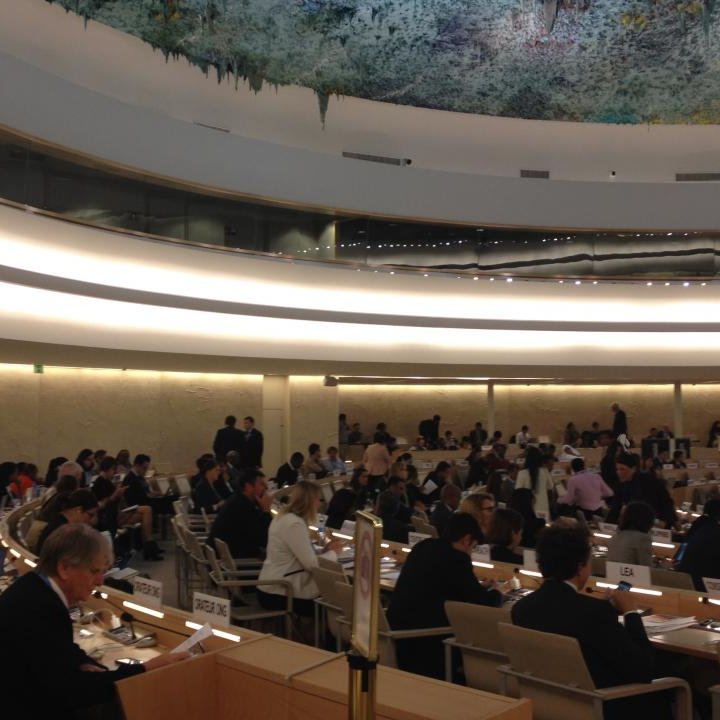UN Business and Human Rights Treaty Negotiations

Jaurocks (Wikicommons)
Trade unions will continue to make the case for a legally binding instrument to regulate, in international human rights law, the activities of transnational corporations and other business enterprises.
“The convergence of crises: climate, cost of living, the pandemic and conflict have shown serious deficiencies in corporate human rights due diligence processes. Too many multinationals have denied workers’ respect for human rights exposing the failed model of voluntary corporate social responsibility. Millions of workers in global supply chains are open to human and labour rights abuses from a deeply flawed model which allows companies to hide from their responsibilities,” said Sharan Burrow, ITUC General Secretary.
Cases of abuses of workers’ rights by companies are on the rise...Within this context, Companies regularly fail to use their leverage to address workers’ rights violations and to avoid actions that undermine or chill the exercise and take-up of labour rights by workers.
Pressure has been increasing for regulatory action to hold companies accountable for human rights abuses at national and regional levels with new legislation coming into force...
Trade unions are calling on governments to engage constructively in the Binding Treaty negotiations...
At the upcoming Binding Treaty negotiations, global trade unions are calling for the following priorities to be strengthened:
- A broad substantive scope covering all internationally recognised human rights, including fundamental workers’ and trade union rights, as defined by relevant international labour standards.
- The coverage of all business enterprises regardless of size, sector, operational context, ownership and structure.
- Parent company-based extraterritorial regulation and access to justice for victims of transnational corporate human rights violations in the home state of transnational corporations.
- Regulatory measures that require business to adopt and apply human rights due diligence policies and procedures.
- Reaffirmation of the applicability of human rights obligations to the operations of companies and their obligation to respect human rights.
- A strong international monitoring and enforcement mechanism...
The 8th session of the open-ended intergovernmental working group on transnational corporations and other business enterprises with respect to human rights (IGWG) takes place 24-28 October 2022...
The IGWG will review third revised draft again, with a focus on Articles 6-12. Global trade unions re-iterate their willingness to support the “Friends of the Chair” group with perspectives from the world of work.
The third revised draft builds on previous versions by introducing further conceptual clarity and represents a text that is politically viable for States and non-State actors alike...
Trade unions have considered the Chair’s proposals for Articles 6-12, which appear to streamline the provisions by making them less prescriptive. While this is aimed at achieving the broadest possible support for the draft, there is a risk of losing much-needed detail to truly achieve accountability for corporate human rights harms...